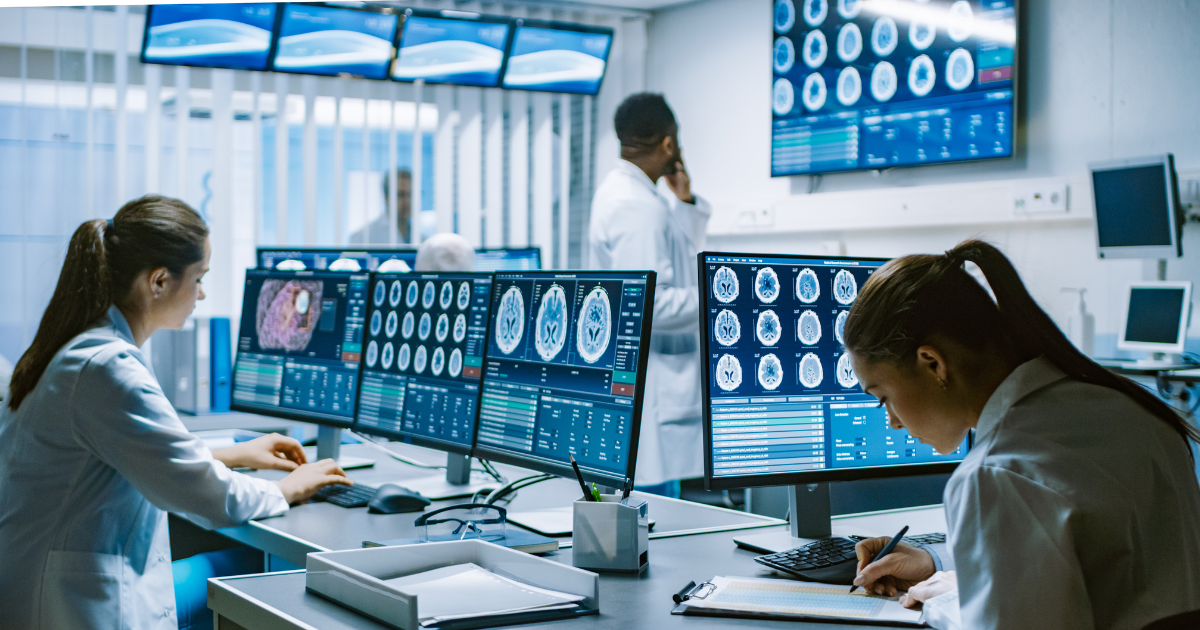In the News: Using Technology to Optimize Healthcare

From automation to artificial intelligence, new tools and technologies offer great promise in helping hospitals and health centers improve efficiency, reduce physician burnout, and enhance the patient experience.
This month’s news roundup explores some of the new technologies available to medical organizations and how those tools can help address some of the most pressing issues in healthcare today.
Platform Solutions Help Digitally Enable Healthcare to Improve Outcomes
Today, patients have higher expectations of the healthcare industry than ever, desiring personalized virtual care, convenience, and clear communications. Physicians often fail to meet these demands because of their increasing administrative burdens. Fortunately, there are solutions that can streamline those administrative tasks — namely, digital transformation that incorporates automation, AI, and connected platforms. By freeing up clinicians’ time and enhancing patient care, these solutions can improve efficiency, reduce staff burnout, and empower healthcare teams to deliver high-quality, personalized care.
Hospital Smart Rooms Take the Pressure Off of Bedside Nurses
Smart rooms that integrate technology such as remote patient monitoring and virtual care can reduce the time that nurses need to spend at patients’ bedsides. Houston Methodist is implementing smart rooms across its 4,000 beds, which will enable fewer nurse visits for vital sign checks, potentially moving toward a higher patient-to-nurse ratio and improving efficiency. The smart rooms initiative also incorporates patient education solutions, communication tools, and real-time data for better care coordination and enhanced patient experiences.
FDA Expands Import Alert to Block All Plastic Syringes from Chinese Manufacturer
The FDA recently published an import alert against Chinese manufacturer Jiangsu Shenli Medical Production due to reports that the company’s syringes can leak, break, and suffer from other quality issues. The alert originally advised healthcare providers to stop using one particular unauthorized plastic syringe, but was later expanded to all plastic syringe models from Jiangsu Shenli because the company failed to meet device quality system requirements.
5 Ways Artificial Intelligence Is Changing Healthcare
Artificial intelligence in healthcare shows promise in in multiple areas, including accelerating drug development, aiding doctors in complex diagnoses, improving diagnostic image interpretations, and streamlining patient-doctor interactions. Additionally, AI has the potential to improve patient communication by detecting emotions, and may be useful in writing more empathetic discharge instructions or answering patient questions via chatbots.
Learn more about how technology is being used to optimize healthcare and medical devices in our blog.

